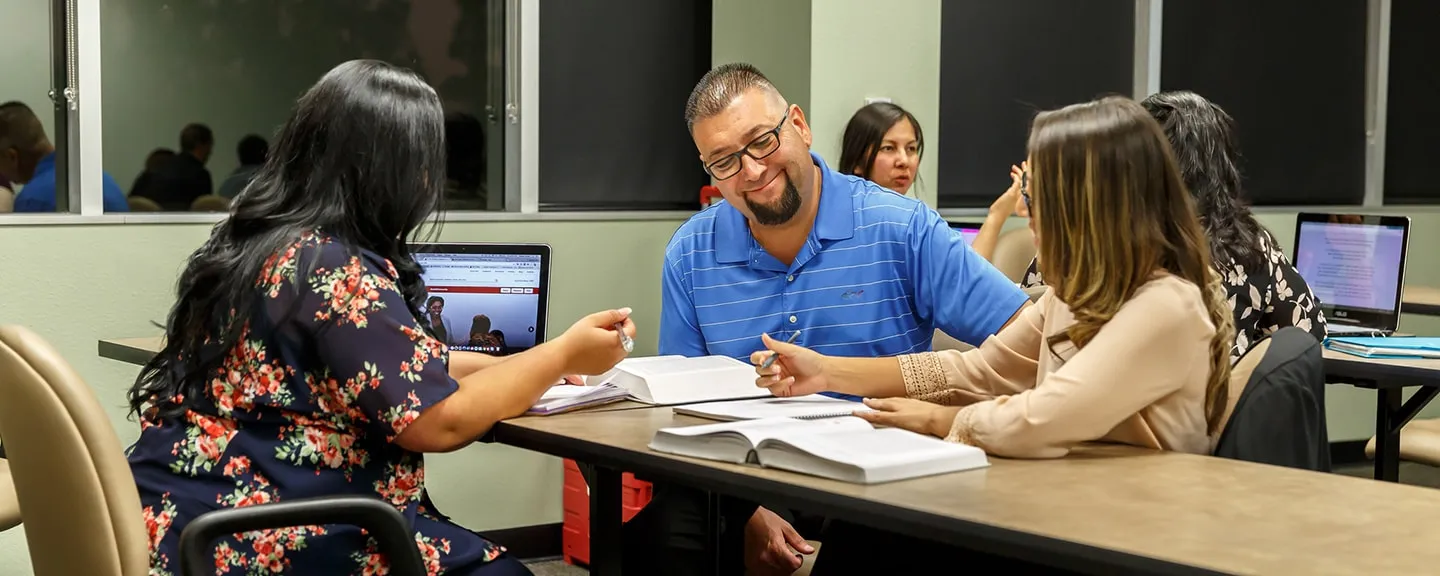- Home
- >
- APU Articles
- >
- News Article
What Is FERPA and How Does It Impact Guardians and College Students?
June 14, 2018 | Written By Naomi Mannino
Related Links
Understanding FERPA
Are you currently asking yourself “what is FERPA?” Don’t worry, you’re not alone in wondering. Here’s an overview of what you need to know.
What FERPA Means for Parents and Guardians
As a parental figure, you’ve likely grown accustomed to having complete control over your student’s education records thanks to the Family Educational Rights and Privacy Act (FERPA). But, according to the act, when your child turns 18 or enters college (at any age), those rights related to education records actually transfer to the student. That means you can no longer email professors for explanations of poor grades, see your student’s class attendance record, or check to see whether he or she has turned assignments in on time.
FERPA protects college students’ education records so they remain confidential between the college and student. How involved you are in their academic life is now at your student’s discretion—even if you’re paying the bills.
Confidential Education Records
So, what is FERPA privacy, exactly? The protected education records include academic progress and grade reports, financial information, dorm life, student activities, and any disciplinary actions. These are all considered private and cannot be shared with guardians without the student’s written and signed consent.
Each year, your son or daughter can either authorize you or exclude you (or other designated family members) from accessing specific confidential education records. They can make this declaration by signing the dated FERPA form kept on file at the college.
What Records Can Be Disclosed?
If your student is still considered a dependent for tax purposes (which is possible up to age 24), then you can formally request access to their education records. It’s important to remember that you will need to submit a formal written request—as well as documentation of the student’s dependent status—in order to be granted access.
The college may also disclose some information to students’ parents in specific cases, such as if there is an imminent danger of harm to self or harm to others, or if a student under the age of 21 violates a university policy (as in the case of underage drinking or drug use).
With your student’s permission, the college may publish directory information on its websites or other printed materials, which could contain their name, photo, email address, enrollment status, year of graduation, major of study, and athletic statistics including height and weight, if applicable.
Colleges can also share student information with other schools where the student has expressed interest, for institutional evaluations, financial aid, scientific data collection, and accreditation purposes. Additionally, the information can be shared with health and safety officials (in case of an emergency) as well as state and local authorities (in compliance with a judicial order or lawfully issued subpoena).
How to Support Your Student’s Independence and Academic Success
Discussing the FERPA form before your student leaves for college is a great idea. Explore the parameters together and come to an agreement on how you can remain involved and support your student’s academic success.
This way, when it comes time to sign the FERPA form, your student can authorize your access to agreed-upon information such as current grades and attendance records via the college website. It’s natural to want to stay involved in your student’s life, but independence breeds confidence and self-reliance—two important qualities they’ll need to navigate their future.